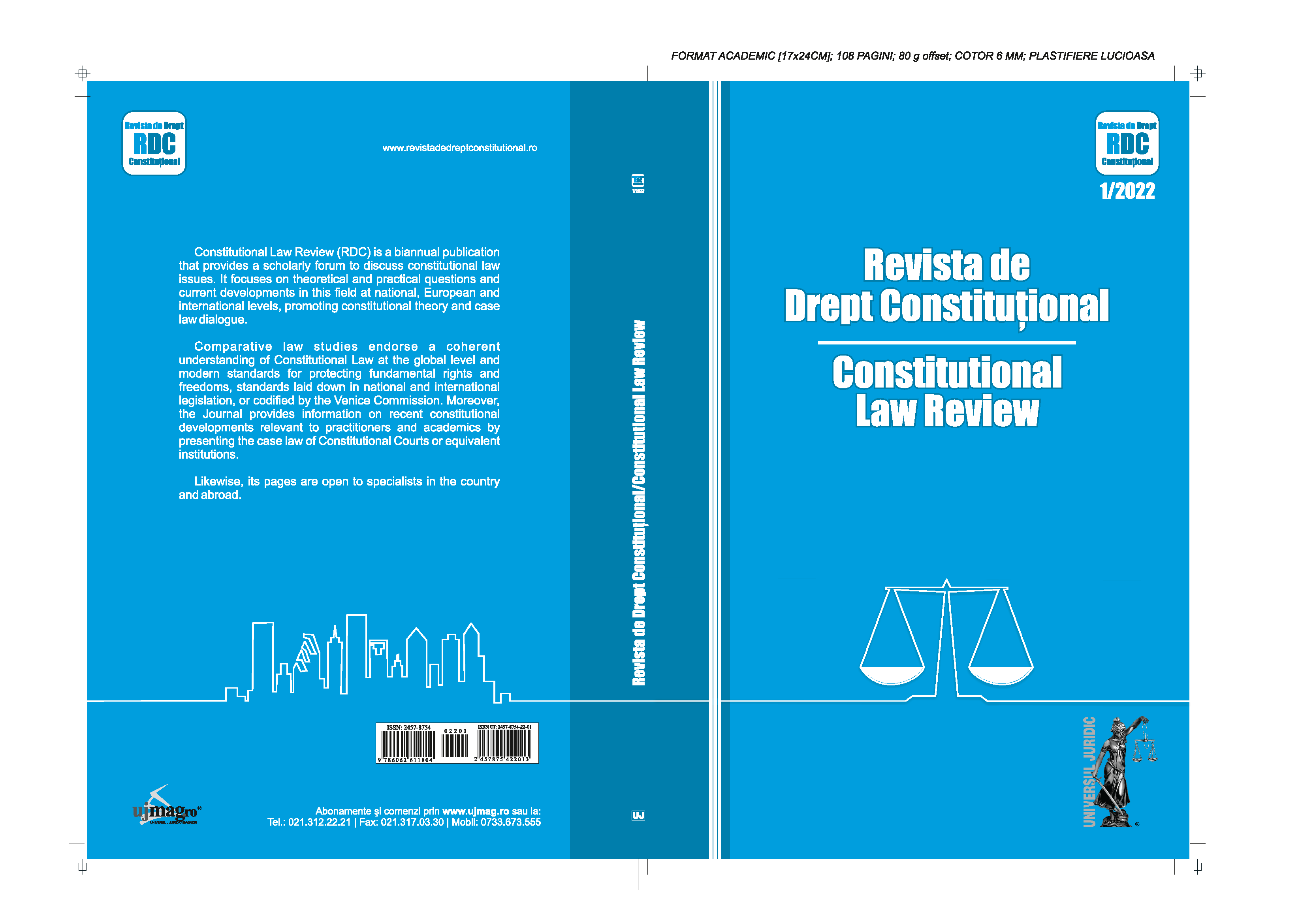Brief comparative analysis on the constitutionality of non-voluntary arbitration
Brief comparative analysis on the constitutionality of non-voluntary arbitration
Author(s): Ingrid A. MüllerSubject(s): Law, Constitution, Jurisprudence, Constitutional Law, Civil Law, International Law, Comparative Law
Published by: Universul Juridic
Keywords: constitutionality; arbitration; consent; non-voluntary; mandatory; party-autonomy;
Summary/Abstract: The issue of the constitutionality of arbitrations is not considered often – as a method of dispute resolution alternative to courts, arbitration is a closed system designed by the parties and typically removed from constitutional protections. Nevertheless, the question of the constitutionality of aspects relevant to an (international) arbitration can be raised in some circumstances. For example, during the arbitral process per se as constitutional challenges to the applicable law, or at the stage of setting-aside an arbitral award or during the recognition and enforcement of foreign arbitral awards, on limited (procedural) grounds and pertaining usually to consent, due process, or public policy (mostly arbitrability). Arbitral jurisdiction typically arises from the choice of the parties – an assertion of party autonomy. Arbitral tribunals are voluntarily granted jurisdiction through a pre-dispute agreement (clause compromissoire) or in considering an existing dispute (compromis). Which is why, as a rule, the voluntary agreement to participate is of the essence for any arbitration procedure. However, every rule has exceptions. As such, non-voluntary arbitrations exist, notably in the case of statute mandated arbitrations. This is where the issue of constitutionality comes in as it pertains to consent, which, as an intrinsic factor, is normally also a precondition for the very existence of an arbitration. The analysis will assess whether non-voluntary arbitration is constitutional, from a comparative perspective (mainly Romania and the United States) as the answer can only be qualified relative to a specific Constitution.
Journal: Revista de Drept Constituțional
- Issue Year: 2022
- Issue No: 01
- Page Range: 71-77
- Page Count: 7
- Language: English
- Content File-PDF

